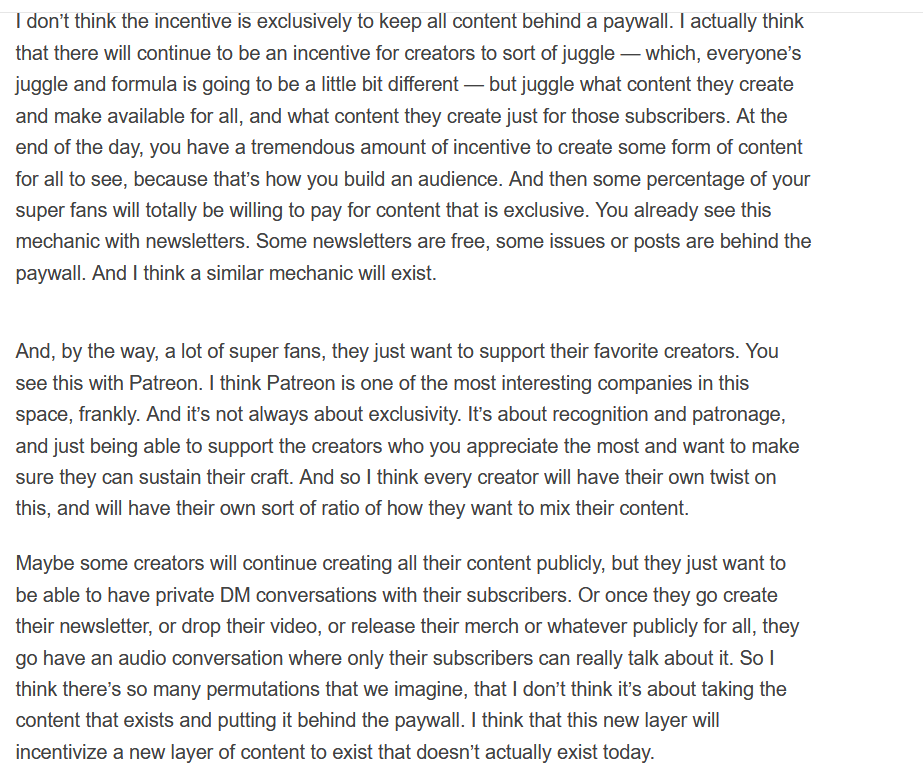
Good article with interesting data. This housing market is nothing like 2004-05.
https://twitter.com/wsj/status/1377957758989971456
• • •
Missing some Tweet in this thread? You can try to
force a refresh












